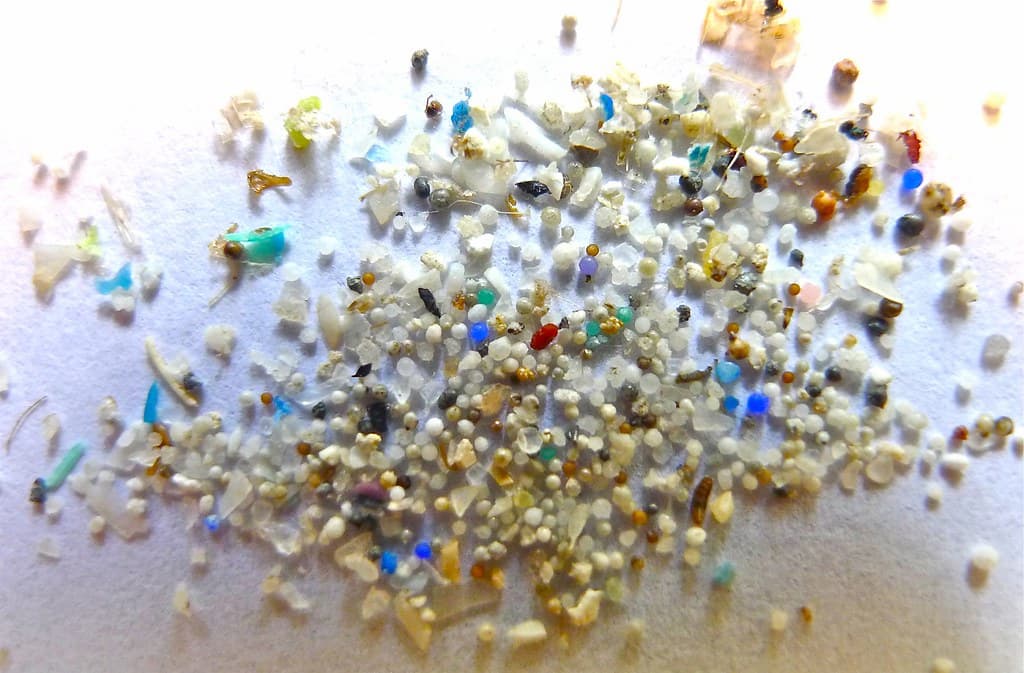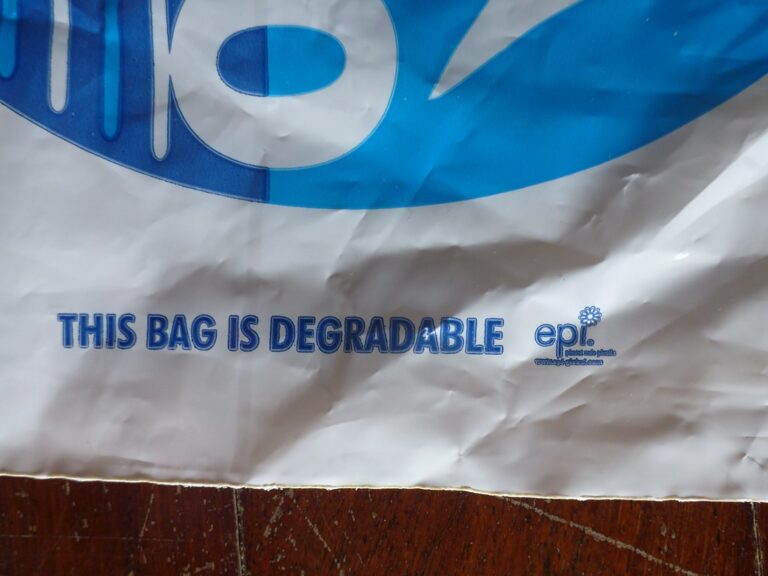New Plant-Based Polymers that Decompose in Just Seven Months
UC San Diego and Algenesis researchers developed plant-based polymers that biodegrade in seven months, offering a significant environmental breakthrough. These polymers serve as a sustainable alternative to traditional plastics and have demonstrated promising biodegradation capabilities at the microplastic level.
This development addresses environmental concerns and provides a potential solution to the alarming issue of microplastic in oceans, soil, and even in human bodies.
Plant-Based Polymers that Decompose in Just Seven Months
Microplastics are small pieces of plastic in the environment that result from the disposal of waste in the environment. Generating substantial risks to both our environment and health as they persist for hundreds of years.
To address this challenge, scientists from UC San Diego and Algenesis developed plant-based polymers that biodegrade in seven months.
Professor Michael Burkart, a co-founder of Algenesis, underscores the necessity of finding alternatives to traditional plastics that can biodegrade. Halting the accumulation of plastic waste in our surroundings.
The research, published in Scientific Reports, sheds light on the potential of these plant-based polymers to counteract the adverse effects of microplastics.
Robert Pomeroy, another co-author and co-founder of Algenesis, explains the motivation behind the creation of biodegradable algae-based polymers. Making emphasizes in the importance of evaluating their biodegradability at the microplastic level. Rigorous testing, which included respirometry, water flotation, and chemical analysis, has confirmed the efficacy of these polymers in compost environments.
Stephen Mayfield emphasizes groundbreaking research, marking the first plastic not contributing to microplastics during usage.
“This material is the first plastic demonstrated to ‘not’ create microplastics as we use it.”
Stephen Mayfield
Additionally, collaborations with companies such as Trelleborg and RhinoShield demonstrate substantial progress in integrating these biodegradable polymers into commercial products.
Despite the challenges associated with adapting manufacturing equipment to accommodate these new materials, the researchers remain optimistic about their potential impact.
Burkart reflects on the initial scepticism surrounding their work and underscores the newfound possibility of developing sustainable alternatives to traditional plastics.
“When we started this work, we were told it was impossible. Now we see a different reality. There’s a lot of work to be done, but we want to give people hope. It is possible.”
Michael Burkart
The emergence of biodegradable microplastics represents a significant milestone in the battle against plastic pollution, addressing the associated health and environmental risks. This research ignites hope for a future where plastics and nature can coexist harmoniously, leaving behind a minimal ecological footprint.







